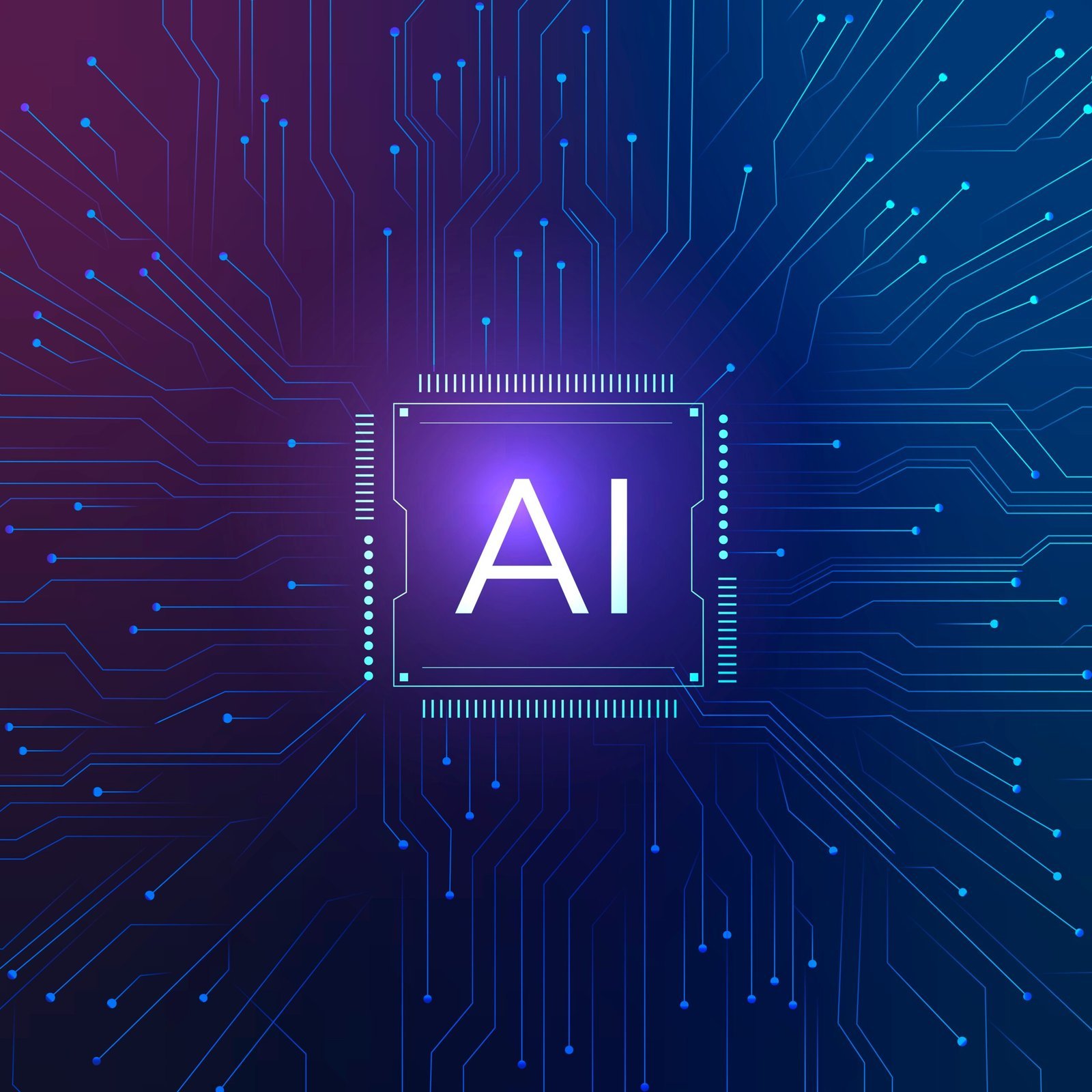The advent of artificial intelligence (AI) marks a pivotal moment in the history of technology and society. As we navigate through the 21st century, AI has emerged as a transformative force, revolutionizing industries, reshaping the way we interact with technology, and raising profound ethical and philosophical questions. This article delves into the rise of artificial intelligence, its technological advancements, key applications, and the implications for the future.
The Genesis of Artificial Intelligence
Artificial intelligence, a concept that once resided solely within the realm of science fiction, has become a tangible reality. The journey of AI began in the mid-20th century when pioneers like Alan Turing and John McCarthy laid the theoretical foundations. Turing’s seminal question, “Can machines think?”, and McCarthy’s coining of the term “artificial intelligence” in 1956, set the stage for decades of research and development.
Initially, AI research focused on symbolic AI, which involved programming computers to manipulate symbols and solve problems using human-like reasoning. Early successes, such as the creation of the Logic Theorist and the General Problem Solver, demonstrated the potential of AI but also highlighted its limitations. The advent of machine learning, a subset of AI that allows systems to learn from data and improve over time, marked a significant shift in the field.
Technological Advancements in AI
The exponential growth of computing power, coupled with the availability of vast amounts of data, has fueled unprecedented advancements in AI technology. Machine learning algorithms, particularly deep learning, have revolutionized the field. Deep learning, which involves neural networks with multiple layers, has enabled breakthroughs in areas such as image and speech recognition, natural language processing, and autonomous systems.
One of the most notable AI advancements is the development of natural language processing (NLP) models like OpenAI’s ChatGPT.
ChatGPT, a language model based on the GPT-4 architecture, exemplifies the capabilities of modern AI. It can generate coherent and contextually relevant text, engage in meaningful conversations, and assist with a wide range of tasks. This level of sophistication in language understanding and generation has far-reaching implications for communication, customer service, education, and more.
Key Applications of AI
The applications of artificial intelligence span across various sectors, transforming industries and enhancing efficiencies. In healthcare, AI-driven diagnostics and predictive analytics are improving patient outcomes. AI algorithms can analyze medical images with remarkable accuracy, detect anomalies, and assist in early diagnosis of diseases such as cancer. Moreover, AI-powered tools are personalizing treatment plans based on individual patient data, revolutionizing precision medicine.
In the financial sector, AI is enhancing fraud detection, automating trading strategies, and optimizing risk management. Machine learning models analyze transaction patterns to identify fraudulent activities in real-time, while robo-advisors provide personalized investment advice, democratizing access to financial planning services.
The transportation industry is also undergoing a significant transformation due to AI. Autonomous vehicles, powered by AI, are poised to revolutionize mobility, reducing accidents and traffic congestion. AI algorithms enable self-driving cars to navigate complex environments, recognize objects, and make split-second decisions. The integration of AI in logistics is optimizing supply chain management, reducing delivery times, and cutting costs.
AI in Everyday Life
Beyond industry-specific applications, AI is increasingly becoming an integral part of our daily lives. Virtual assistants like Amazon’s Alexa, Apple’s Siri, and Google Assistant leverage NLP to perform tasks, answer questions, and control smart home devices. AI-powered recommendation systems, employed by platforms like Netflix and Spotify, personalize content consumption, enhancing user experience.
Social media platforms utilize AI to curate content, target advertisements, and moderate user interactions. While these applications offer convenience and personalization, they also raise concerns about privacy, data security, and the potential for algorithmic bias.
Ethical and Societal Implications
The rapid advancement of AI technology brings with it a host of ethical and societal challenges. One of the foremost concerns is the potential displacement of jobs due to automation. As AI systems become more capable of performing tasks traditionally done by humans, there is a growing fear of widespread unemployment and economic disruption. It is crucial to address these concerns through reskilling and upskilling programs, ensuring that the workforce can adapt to the changing job landscape.
Another significant issue is the ethical use of AI. The deployment of AI in decision-making processes, such as hiring, lending, and law enforcement, raises questions about fairness and transparency. Bias in AI algorithms, stemming from biased training data, can perpetuate existing inequalities and discrimination. It is imperative to develop robust frameworks for auditing and mitigating bias in AI systems, ensuring that they operate fairly and transparently.
Privacy and data security are also paramount in the era of AI. The collection and analysis of vast amounts of personal data by AI systems pose risks to individual privacy. Striking a balance between leveraging data for AI advancements and safeguarding privacy rights is a critical challenge that requires stringent regulations and ethical guidelines.
The Future of AI
The future of artificial intelligence holds immense potential and promise. As AI continues to evolve, we can expect further advancements in areas such as general AI, where systems possess the ability to perform any intellectual task that a human can do. The integration of AI with other emerging technologies, such as quantum computing and biotechnology, could lead to breakthroughs that we can only begin to imagine.
In the realm of natural language processing, models like ChatGPT will become even more sophisticated, enabling seamless human-computer interactions and transforming how we communicate with machines. AI-driven innovations in healthcare could lead to early detection and cures for currently incurable diseases, extending human lifespan and improving quality of life.
However, realizing the full potential of AI requires addressing the ethical, societal, and technical challenges that accompany its development. Collaboration between governments, industry, academia, and civil society is essential to create a sustainable and inclusive AI ecosystem. Policies and regulations must be crafted to ensure that AI is developed and deployed responsibly, with a focus on human-centric values and ethical principles.
Future Outlook
The advent of artificial intelligence represents a transformative epoch in the history of technology and society. From its humble beginnings in theoretical research to its current status as a driving force of innovation, AI has come a long way. The technological advancements in AI, exemplified by models like ChatGPT, are revolutionizing industries and reshaping our daily lives.
However, as we harness the power of AI, we must remain vigilant about the ethical and societal implications. Addressing concerns related to job displacement, bias, privacy, and data security is crucial to ensure that AI serves the greater good. By fostering collaboration and crafting responsible policies, we can navigate the challenges and unlock the full potential of AI, ushering in a future where technology and humanity coexist harmoniously.






Leave feedback about this